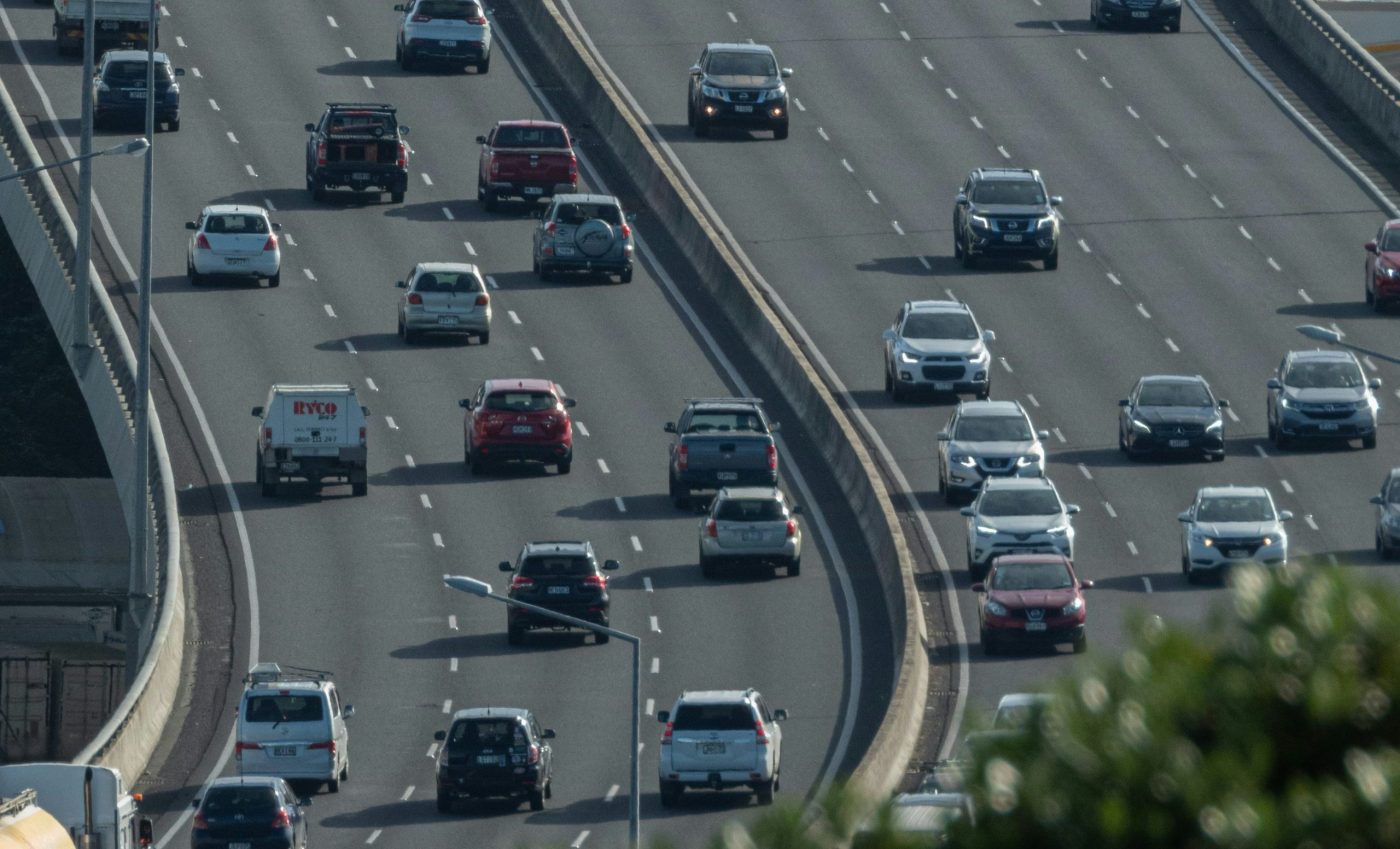
- By Laura Kvigstad, Auckland Council reporter funded by New Zealand on Air
The E tū Union has urged the Auckland Council to involve workers in designing the proposed time-of-use roads congestion charge.
The Government has signalled that enabling legislation for congestion charging, called time-of-use charging, will be going through the select committee process.
At a recent Auckland Council transport, resilience and infrastructure committee meeting, councillors agreed for council staff to make a submission on the legislation.
Before the councillors’ decision, representatives of E tū Union asked to be brought into discussions of the development and design work of a charge.
E tū representative Tane Hippolite said many of the union’s members were concerned about fairness.
“With many white-collar jobs there’s an ability to adjust their travel times to avoid this charge.
“However, with these workers, typically working on lower wages with irregular hours, we have very specific start times and finish times,” Hippolite said.
“The ability to adjust our travel time to avoid that charge is just not a fundamental option for us.
“Imposing this extra financial burden could render, for my colleagues and myself, many of our jobs financially unsustainable.”
E Tū negotiation specialist Michael Wood said the union asked that workers and union members be involved in the design and development of a time-of-use charging scheme.
“We understand there are potentially real benefits to this being done well but there are also costs to people.
“There’s also a huge information gap across workers in terms of how it will affect them,” Wood said.
Councillor Daniel Newman asked about the options for mitigations like wider access to public transport or exemptions for certain workers.
“What’s your batting order in terms of the mitigations that you would see as appropriate to try and address the concern that you’re raising,” Newman asked.
Wood responded that the union had not identified the preferred mitigations but wanted to be involved in discussions.
“We believe there is a case for appropriate exemptions for certain groups. I recognise that becomes more difficult,” Wood said.
He said unions and affected groups should be involved to have “sensible and pragmatic” discussions on which mitigations should be used.










